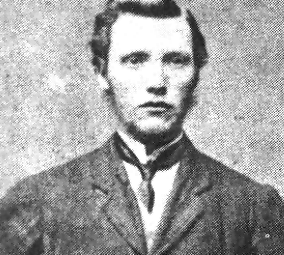Your challenge, should you accept it, is to make all of the individual states, provinces, regions, and territories that encompass the land that falls within the modern day borders of Canada have their population have a bilingual population to the extent that official bilingualism becomes an indisputable necessity with any series of PODs after 1750.
As a baseline, the 2/3rds - 1/3rd split of modern-day New Brunswick should be taken to be the bare minimum needed to justify local bilingualism, and furthermore, just like New Brunswick, there must be a fully-developed legal infrastructure to cope with the lingustic challenge that regional demographics bring about.
In addition, while you are allowed local fully-Anglophone/fully-Francophone exclaves within a territory, these must not be large enough as to make it so that it would be possible to split said territory into a French half, and an English half in anything approaching a neat division; there is simply no feasible alternative in which to govern but to continue down the bilingual path.
Is such a Canada even possible, and if so, what would it take to arrive there?
As a baseline, the 2/3rds - 1/3rd split of modern-day New Brunswick should be taken to be the bare minimum needed to justify local bilingualism, and furthermore, just like New Brunswick, there must be a fully-developed legal infrastructure to cope with the lingustic challenge that regional demographics bring about.
In addition, while you are allowed local fully-Anglophone/fully-Francophone exclaves within a territory, these must not be large enough as to make it so that it would be possible to split said territory into a French half, and an English half in anything approaching a neat division; there is simply no feasible alternative in which to govern but to continue down the bilingual path.
Is such a Canada even possible, and if so, what would it take to arrive there?

